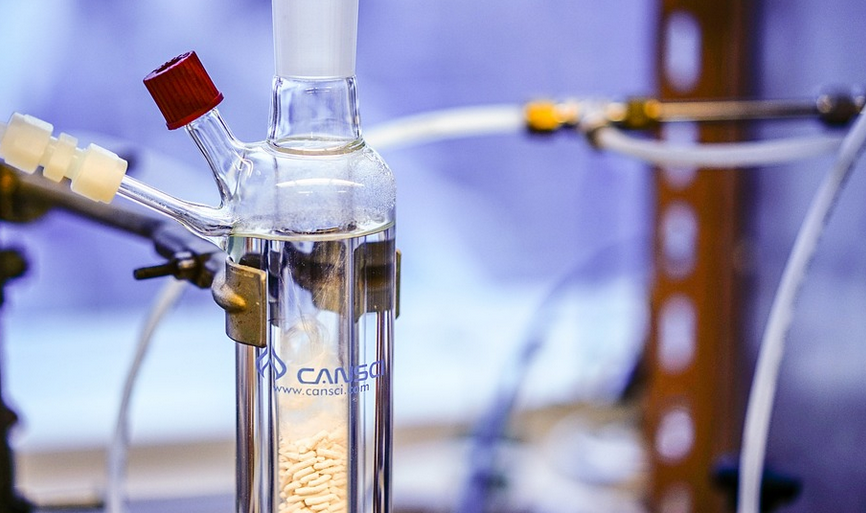Introduction
Epsom salt, also known as magnesium sulfate, is a popular home remedy for various conditions. It is often used to relieve muscle tension and pain, reduce inflammation, and improve skin health. However, some people have raised concerns about the potential link between epsom salt and kidney stones. In this article, we will explore whether there is any truth to these claims.
What Are Kidney Stones?
Kidney stones are hard, crystalline deposits that form in the kidneys or urinary tract. They can cause severe pain and discomfort, and in some cases, may require medical intervention to remove. The most common types of kidney stones are made of calcium oxalate, but they can also be composed of other minerals such as uric acid or struvite.
What Is Epsom Salt?
Epsom salt is a naturally occurring mineral compound made of magnesium, sulfur, and oxygen. It has a wide range of uses, from improving soil health in gardening to providing relief for sore muscles and joints. Epsom salt can be added to bathwater or used in topical applications to ease pain and inflammation.
The Link Between Epsom Salt and Kidney Stones
Some people believe that using epsom salt can increase the risk of developing kidney stones. The theory is that the magnesium in epsom salt can combine with other minerals in the urine to form crystals, which can then grow into stones. However, there is no scientific evidence to support this claim.
What the Research Says
Several studies have been conducted to investigate the link between epsom salt and kidney stones. One study published in the Journal of Endourology found that using magnesium supplements did not increase the risk of kidney stones in healthy adults. Another study published in the Journal of Urology found that magnesium supplements may actually help prevent the formation of kidney stones.
How to Use Epsom Salt Safely
While there is no evidence to suggest that epsom salt causes kidney stones, it is still important to use it safely. Here are some tips to keep in mind: – Do not exceed the recommended dosage or frequency of use. – Avoid using epsom salt if you have kidney disease or other health conditions that affect your kidneys. – Drink plenty of water before and after using epsom salt to help flush out your kidneys. – If you experience any unusual symptoms after using epsom salt, such as pain or difficulty urinating, stop using it and seek medical attention.
Conclusion
There is no evidence to suggest that epsom salt causes kidney stones. In fact, some studies have suggested that it may actually help prevent them. However, it is still important to use epsom salt safely and to talk to your doctor if you have any concerns about its use. As with any home remedy or supplement, it is always best to err on the side of caution and seek medical advice if you are unsure.

